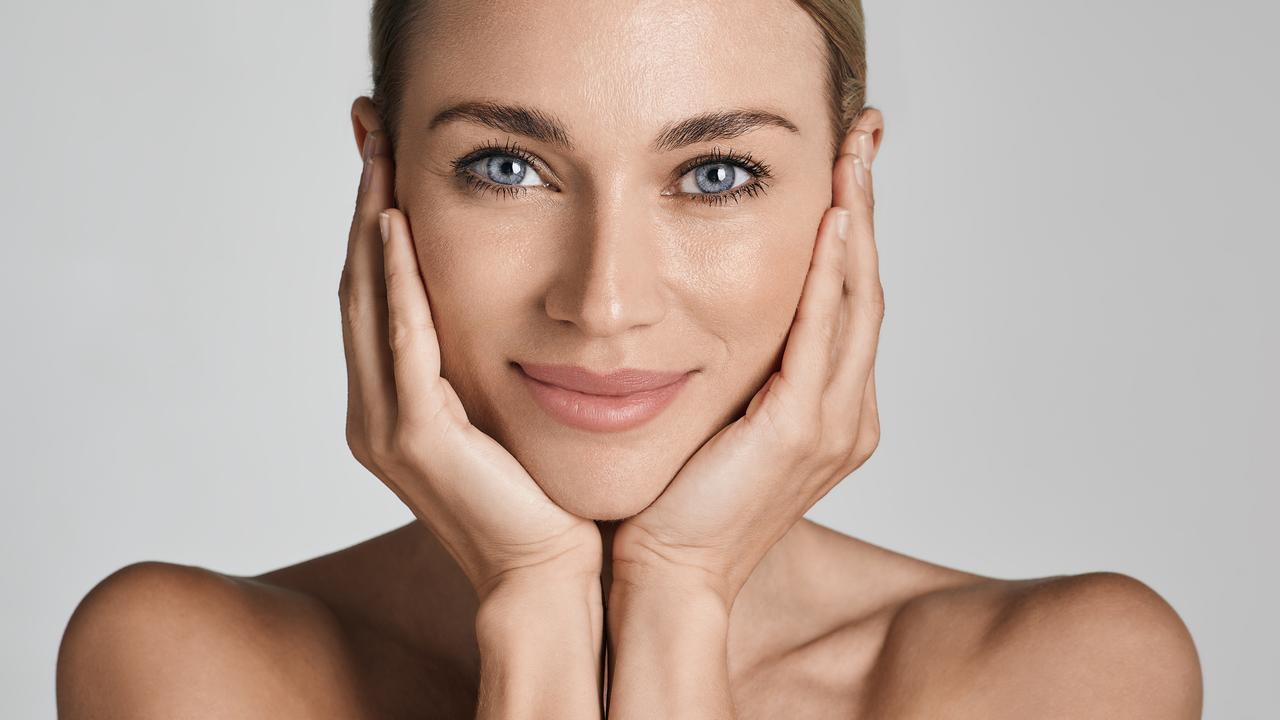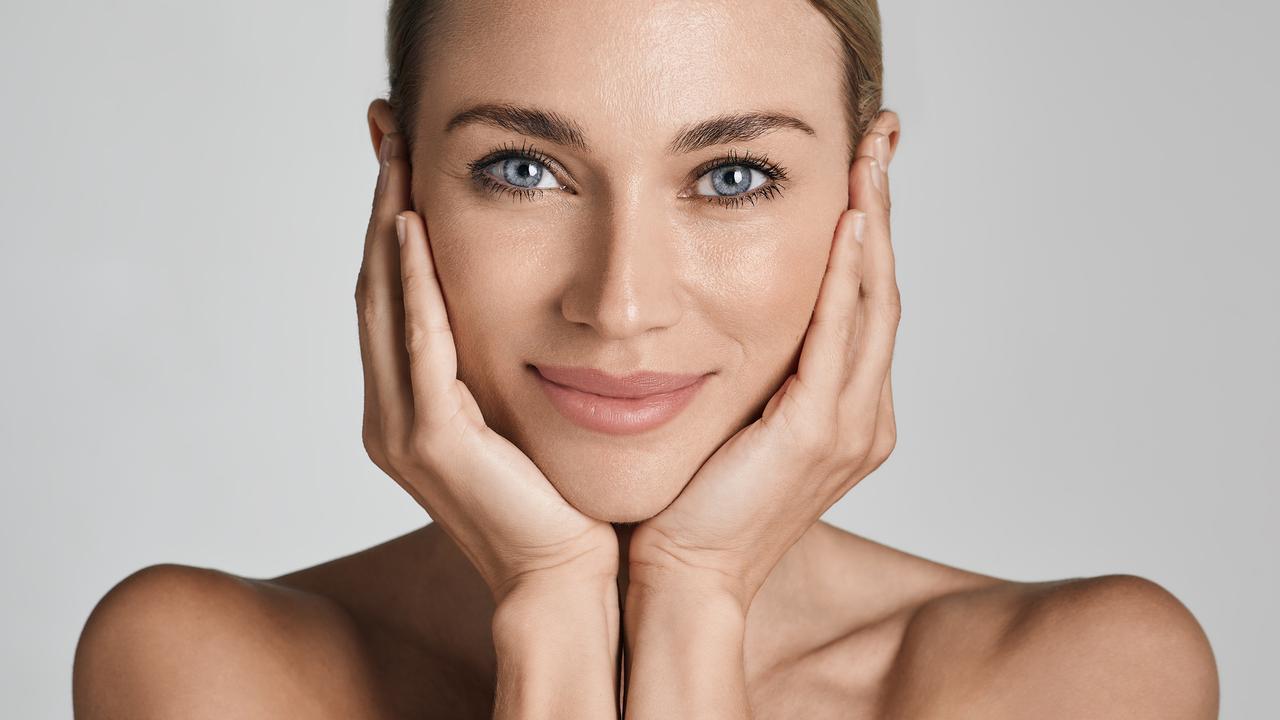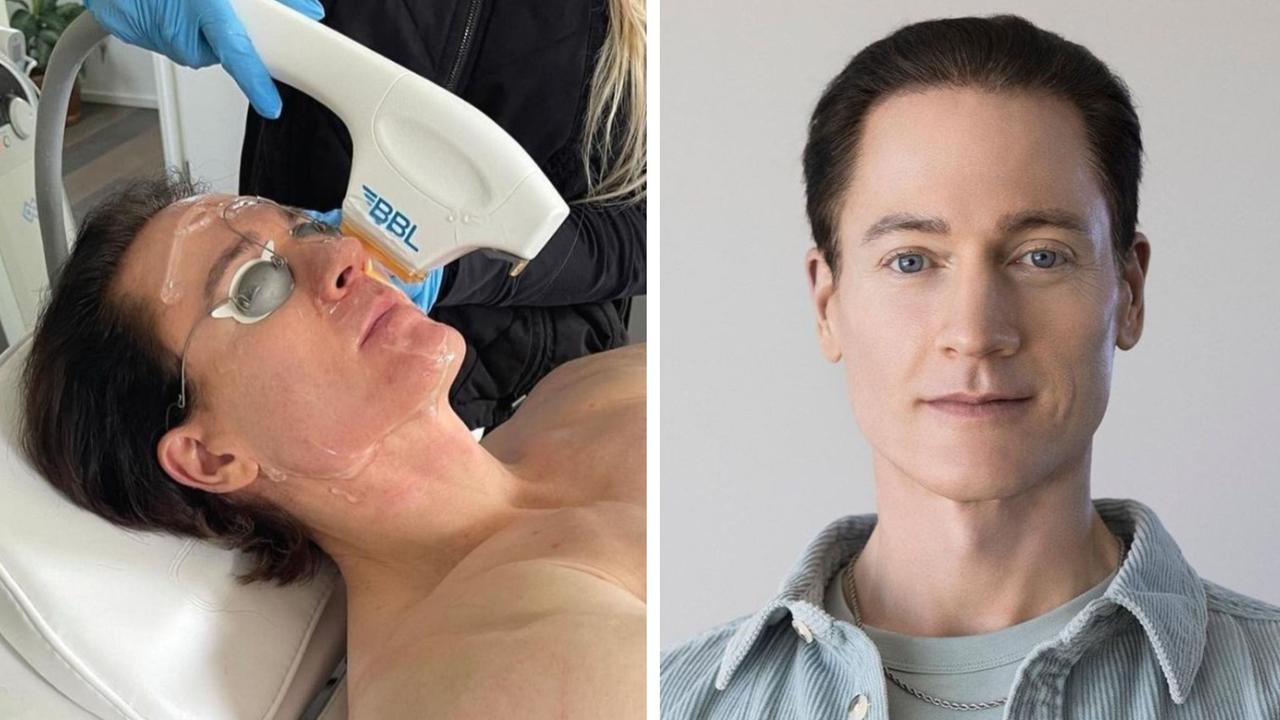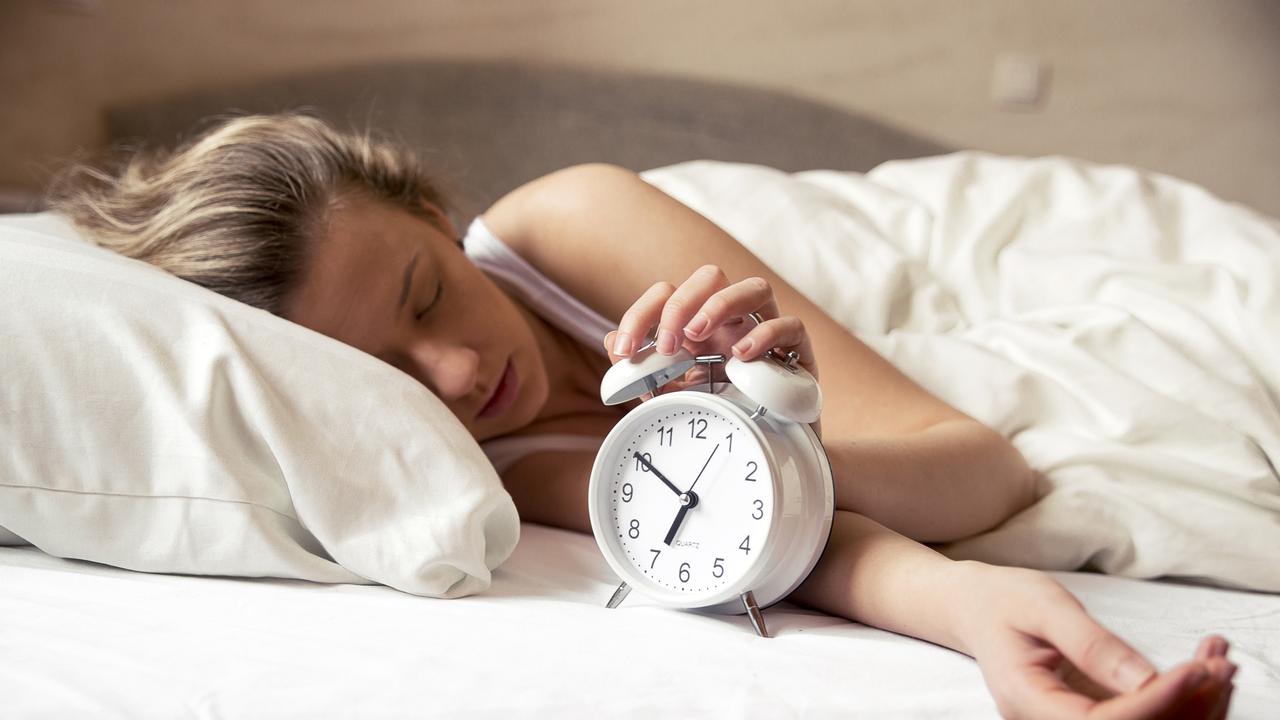‘What is biohacking and should I be doing it?’
There’s a new trend that promises to ‘reverse ageing’ but a doctor has revealed the best way to stay younger and healthier.

Welcome to Ask Doctor Zac, a weekly column from news.com.au. This week, Dr Zac Turner reveals what biohacking is.
QUESTION: Hi Dr Zac, What the heck is biohacking? I hear about it quite a bit, and now there’s this billionaire, called Bryan Johnson, on TikTok and Instagram saying he can reverse his age by experimenting on himself and living the world’s healthiest lifestyle. He’s even taking blood transfusions from his 17-year-old son.
I don’t have his money and I sure as hell don’t want a blood transfusion from my son – you should see the c**p that he eats! Is there any truth in the stuff Johnson rabbits on about? Are we able to turn back time? And if so, can you give me a few easy tips to incorporate into my meat pie beer lifestyle? – Grant, 55, Townsville, Queensland
ANSWER: Great question Grant. Yes there are some things you can do to improve your health, and live a longer, healthier lifestyle. But first, what’s biohacking?
Biohacking, in simpler terms, is about understanding the processes within your body to a molecular level, and using that knowledge to your benefit. It’s not something you can fully understand by watching a few TikToks; it usually takes a few years at university. It also shouldn’t mean ordering bulk ingredients, vitamins or compounds from different websites with little to no idea about the efficacy, validity or even the correct dose.

By making small incremental diet, lifestyle, supplement, sleep and exercises changes, biohackers hope to create small improvements in their current and long-term health and wellbeing profile. If you add up all these small changes, the sum often leads to a longer, healthier life. People should use biohacking to target their immediate ailments or to support a long-term lifestyle change and even achieve a long-term health goal.
Think of it as superannuation. You need to be regularly adding small amounts to it, so that when you retire you have wealth to lead a good life. We all need to think of our health as superannuation. The decisions you make now will affect your life when you get old.
The three most popular types of biohacking are nutrigenomics, DIY biology, and grinders. Nutrigenomics focuses on how the food you eat interacts with your genes. This popular, although controversial, type of biohacking is founded on the idea that your body’s total genetic expression can be mapped out and optimised by testing how different nutrients affect your health over time.

DIY biology (or DIY bio) is a type of biohacking spearheaded by people with education and experience in scientific fields. These biohackers share tips and techniques to help non-experts conduct structured experiments on themselves outside of a controlled experimental environment, like labs or medical offices.
Grinder is a biohacking subculture that sees every part of the human body as hack-able. Grinders don’t have anything to do with dating apps, they are more about using gadgets. Think slightly less Transfmore and more optimised UV scanning for collagen and things similar to Neuralink. In general, grinders seek to become “cyborgs” by optimising their bodies with a combination of gadgets, chemical injections, implants, and anything else they can put into their body to make it work the way they want it to.

It’s actually easy to biohack on a budget; in the number one thing you can do costs nothing. The first easy step is to sleep correctly. Sleeping well extends your life, and prevents chronic disease. Sleep is a deep meditative where the dense ball of neurons in our heads wash themselves, clearing out the metabolic by-products. To learn more about sleeping correctly, read my previous column.
You should also be spending time outside. It’s free to go for a walk, and will provide you so many benefits. This will also be another biohacking technique: exercise. Regular physical activity increases your life expectancy. Eating well is also another great biohacking method.

Remember that while biohacking can offer potential benefits, it’s crucial to approach it with caution and to consult with medical professionals before making significant changes to your lifestyle, especially if you have underlying health conditions.
Not all biohacking practices are supported by robust scientific evidence, so critical thinking and personalisation are key when incorporating these practices into your life.
Got a question? Email askdrzac@conciergedoctors.com.au. Follow Dr Zac at instagram.com/drzacturner
Dr Zac Turner is a medical practitioner specialising in preventative health and wellness. He has four health/medical degrees – Bachelor of Medicine/Bachelor of Surgery at the University of Sydney, Bachelor of Nursing at Central Queensland University, and Bachelor of Biomedical Science at the University of the Sunshine Coast. He is a registrar for the Australian College of Rural and Remote Medicine, and is completing a PhD in Biomedical Engineering (UNSW). Dr Zac is the medical director for his own holistic wellness medical clinics throughout Australia, Concierge Doctors.
Originally published as ‘What is biohacking and should I be doing it?’









